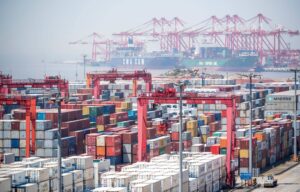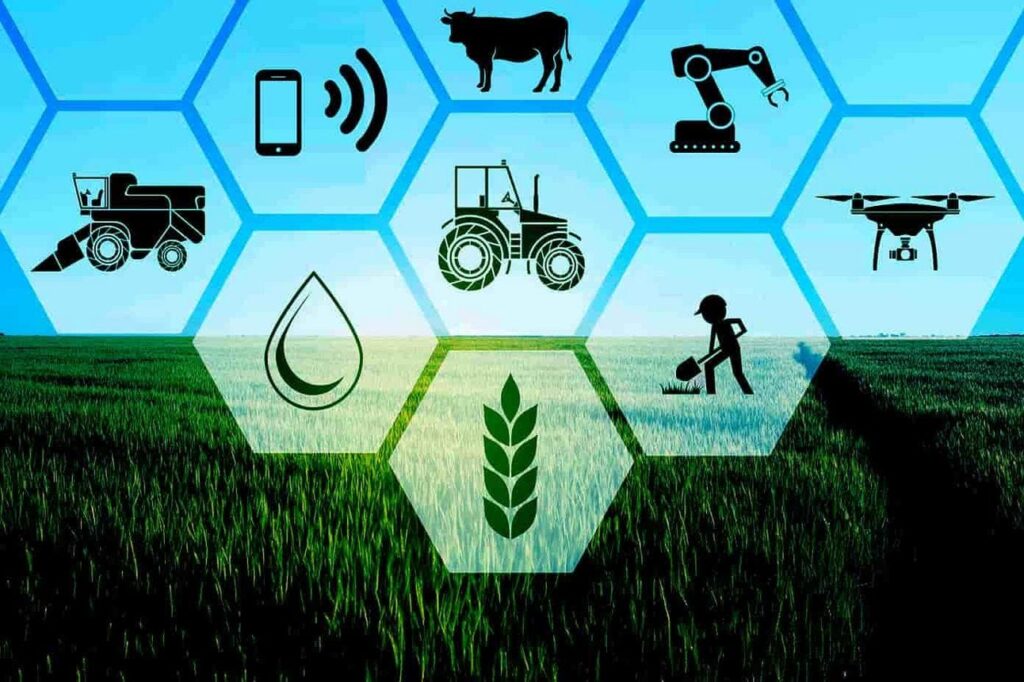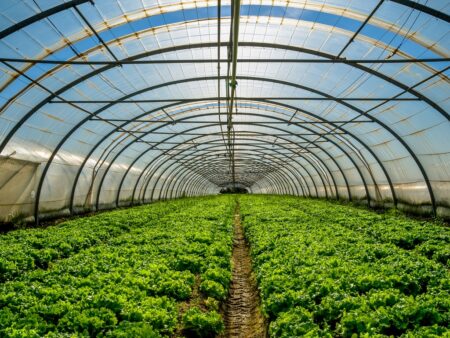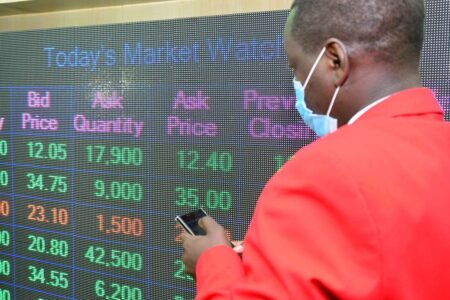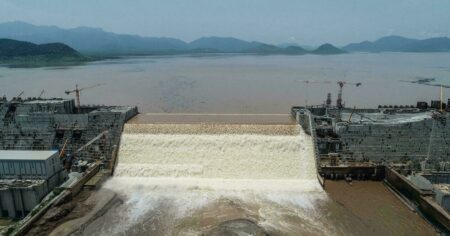-
- Africa failing to meet the needed sustainable agriculture practices
- Adoption of sustainable agricultural practices remains low across the continent
- Digital development key to agro-development in Africa
Food inflation in Africa
Food inflation in Africa is worsening by the day, with the World Bank reporting that 5 of the World’s top 10 countries with the highest real food inflation rates are African countries.
The World Bank’s May 2024 “Food Security Update” highlights sustainable agriculture importance to Africa’s agri-food systems.
“The tenets of sustainable agriculture entail reconciling environmental and social equity with economic development in order to provide for the present without compromising the ability of future generations to meet their own needs,” reads the report in part.
Analysts suggest that sustainable agriculture practices seem elusive for Africa, given that Africa holds 60 per cent of the World’s arable land. Yet, it cannot feed itself, let alone the rest of the World.
“Normalising sustainable agriculture practices will be critical to feeding a population that is expected to reach 2.8billionn by 2050,” the World Bank advices.
The World Bank warns that; “While most farmers in sub-Saharan Africa are cognisant of warmer temperatures and changes in precipitation patterns, widespread adoption of sustainable agriculture practices remains low.”
The experts agree something must be done and fast; however, “…accelerating the adoption of sustainable agriculture practices in sub-Saharan Africa presents both opportunities and challenges,”
In this article, we will focus on the challenges as part of the overall topic of Africa’s elusive agricultural sustainability ambitions.
Challenges faced in Africa in the adoption of sustainable agriculture practices
So what challenges is Africa facing in adopting sustainable agriculture practices? Unfortunately, according to the experts, there is a long list of reasons, but here are the key ones: insufficient resources and technology, inadequate infrastructure, lack of training and knowledge, and limited market access.
“Moreover, financial constraints, such as access to credit and the high cost of inputs including organic fertilisers, make it difficult for smallholder farmers to invest in sustainable agriculture practices,” the World Bank reports.
Granted, this is not to say that Africa has failed altogether; it just points to a worrying trend that might culminate in even higher food inflation, which means more challenging living conditions for the already impoverished people; the bad is getting worse.
Also Read: Agribusiness could drive Africa’s economic prosperity
Examples of sustainable agriculture in sub-Saharan Africa
In Senegal, the Ecovillage initiative has been successful in promoting sustainability. The Ecovillages are community-led sites prioritising agroecology, renewable energy, and natural resource management.
To be part of an Ecovillage project, farmers must train in sustainable agriculture techniques, promoting agroforestry, organic fertilisation, and efficient water management.
“By adopting these practices, farmers have increased crop yields, improved soil health, and reduced reliance on external inputs,” the World Bank reports.
Then, there is Ethiopia, where sustainability is practiced through water resource management. Here, you have state-led irrigation investment that has improved soil quality and production.
Bruno Gerard, dean of the College of Sustainable Agriculture and Environmental Sciences at University Mohammed VI Polytechnic, believes that; “Africa’s agricultural ecosystem stands to benefit from innovation, particularly given the rise in global food insecurity and rapid population growth. The enormity of this challenge, and the prospect of high margins, is a compelling proposition for mobilising venture capital funding.”
Therefor fails to explain that Africa is likely to utilise this ‘high margin challenge’ if, in retrospect, it fails to feed its people.
Attempting to solve this equation, he suggests that; “With an asset class comprising vast uncultivated and arable land, African start-ups will have a competitive advantage in shaping the digital technology to enhance the impact of farmer-centric initiatives.”
While his answer does not necessarily resolve the lack of sustainability in Africa’s agro-sector, he does bring up a valid point: the potential of agri-tech solutions in Africa.
Read Also: Tanzania smart agriculture initiatives combat climate change
Agri-tech may solve Africa’s sustainability problem
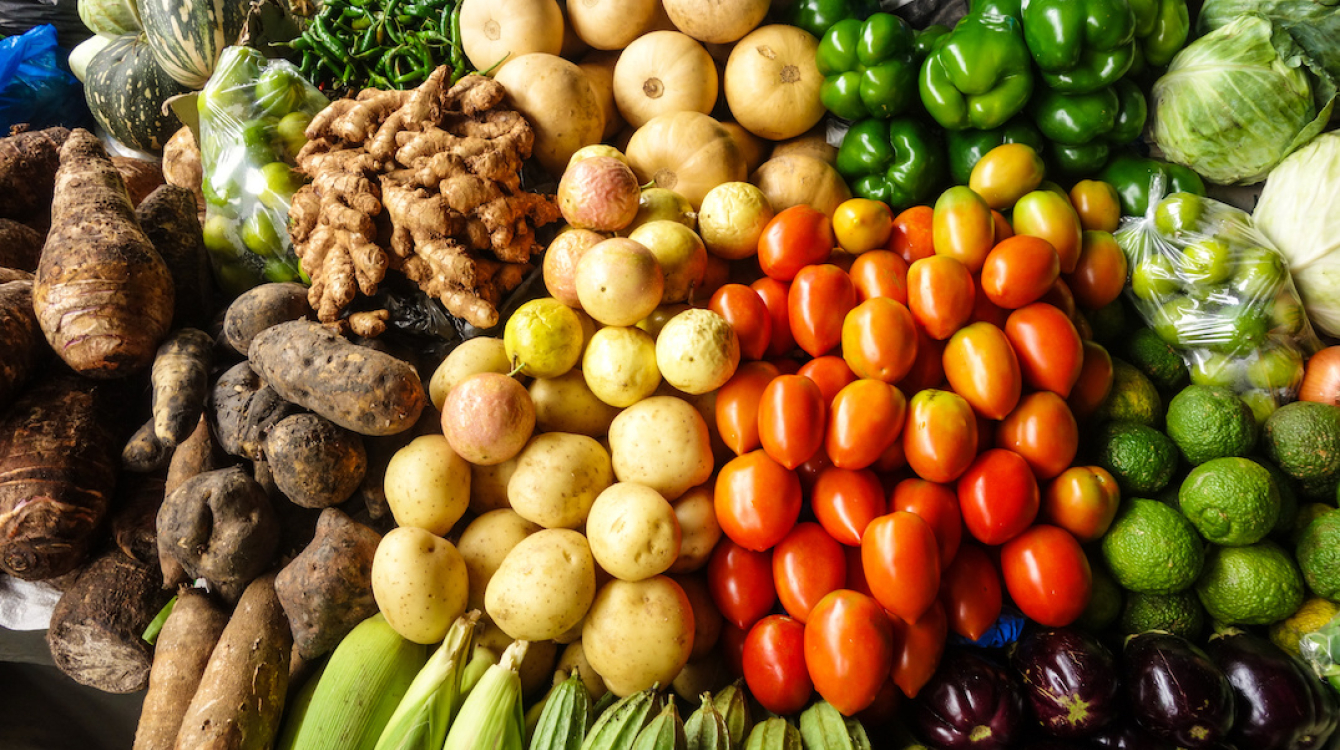
Global firms are already leveraging artificial intelligence for increased mechanisation and the application of agri-tech solutions in Africa’s food systems.
It should be noted that as of 2022, African agri-tech start-ups raised a record $640million in funding, according to AgFunder’s 2022 “AgriFoodTech Investment Report”.
“Having secured over $4.3billionn in venture capital funding between 2016 and 2021, Africa’s agri-tech industry is forecast to grow at an annual rate of 44 per cent in the 2023-28 period,” reads the report.
“The benefits of technological advancements are more likely to accrue to the public when solutions are adapted to local specificities,” comments Bruno Gerard, dean of the College of Sustainable Agriculture and Environmental Sciences at UM6P.
The expert is confident that investment in digital technology will help transform rural agriculture. With advancements in innovation, technology, and entrepreneurship, “there is an opportunity to transform the sector sustainably,” he says.
He also cites a forecast that; “In sub-Saharan Africa, the mobile technologies industry’s economic contribution is projected to increase to $154billionn by 2025.”
This being the case, the scientists say, it follows that statistics project a 10 per cent increase in broadband penetration, which would, in turn, boost the GDP of low- and middle-income countries by 1.38 per cent, and in the end, what it all means is more benefits to the agriculture sector.
While small-scale producers across Africa face challenges such as climate change, market access, and financial services, the group of sustainable challenges that we mentioned earlier, “these could be addressed through digital technologies, including satellite imaging, drones, and sensors,” the optimistic scientist suggests.
According to him, these technologies offer timely weather and crop information, enabling farmers to optimise critical inputs and increase production and productivity. However, it is one thing to speculate literally, but it is a whole different ball game when it comes to application on the ground.
“Mobile technologies facilitate financial services, empowering farmers to conduct transactions using mobile payments, while digital marketplaces ensure better pricing and fewer information gaps by fostering direct connection with consumers and agri-businesses,” Dean Gerard surmises.
That been the case, he concludes by beseeching African governments to “… improve internet access to bridge the digital divide by addressing barriers such as electricity shortages, network coverage gaps, low literacy rates and gender disparities.”
“Investment in capacity development is essential to deepening digital adoption, which necessitates the availability of local language resources…addressing cultural and behavioral barriers is crucial to overcoming resistance to emerging technologies among farmers,“ he advises.
Read Also: Africa’s agritech potential crucial for economic growth


